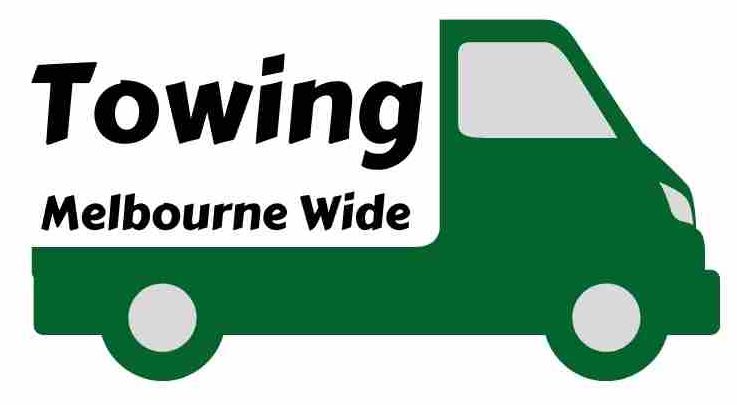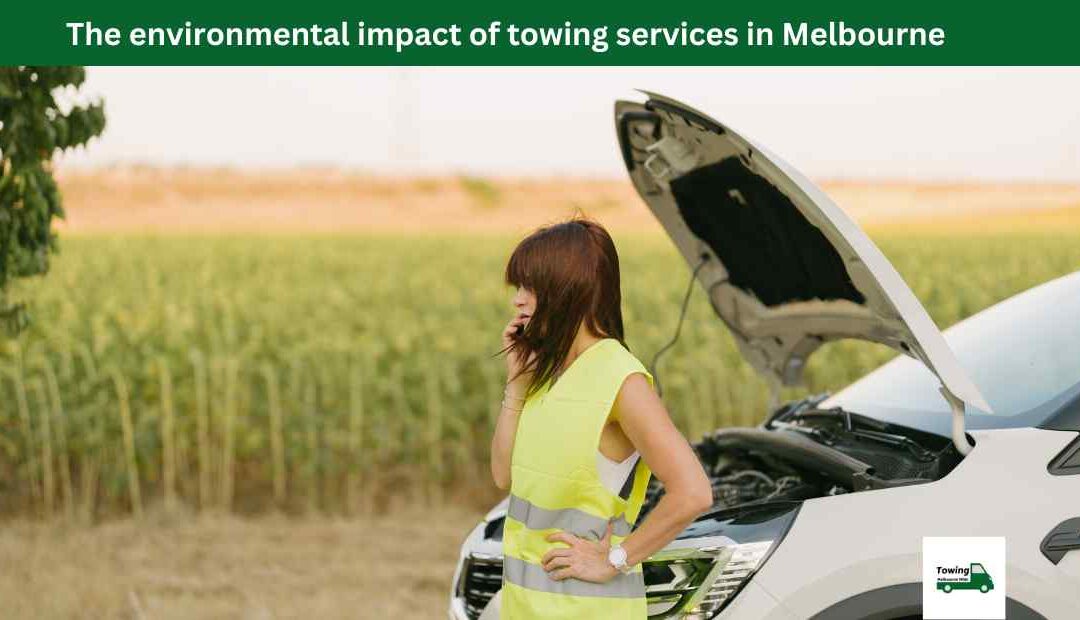In the bustling city of Melbourne, where traffic flows ceaselessly and vehicles populate the streets, the environmental impact of various services, including towing, warrants careful consideration. While towing services play a crucial role in assisting motorists during emergencies and transporting vehicles, they also contribute to environmental factors such as fuel consumption, emissions, and resource utilization. In this article, we’ll delve into the environmental impact of towing services in Melbourne and explore ways in which the industry can move toward greener practices to mitigate its ecological footprint.
Fuel Consumption and Emissions:
One of the primary environmental impacts associated with towing services in Melbourne is fuel consumption and emissions from tow trucks. Towing vehicles, whether flatbed trucks, wheel-lift trucks, or heavy-duty wreckers, rely on internal combustion engines powered by fossil fuels. As these trucks traverse the city’s streets to assist motorists or transport vehicles, they emit carbon dioxide (CO2) and other pollutants into the atmosphere, contributing to air pollution and greenhouse gas emissions. Reducing fuel consumption and emissions through the adoption of fuel-efficient vehicles, alternative fuels, or hybrid-electric technologies can help mitigate the environmental impact of towing services in Melbourne.
Vehicle Maintenance and Efficiency:
Maintaining towing vehicles in optimal condition is essential not only for operational efficiency but also for minimizing environmental impacts. Well-maintained tow trucks operate more efficiently, consuming less fuel and emitting fewer pollutants per kilometer traveled. Routine maintenance practices such as engine tune-ups, tire inflation checks, and emissions inspections can improve vehicle efficiency and reduce environmental emissions. Additionally, implementing eco-driving techniques such as smooth acceleration, reduced idling, and route optimization can further enhance fuel efficiency and minimize environmental impacts during towing operations.
Waste Management and Recycling:
The towing industry in Melbourne generates various types of waste, including vehicle fluids, damaged vehicle components, and packaging materials. Proper waste management practices, such as recycling, reuse, and proper disposal, are essential for minimizing the environmental impact of towing services. Towing companies can implement recycling programs for materials such as metal, plastic, and cardboard to reduce landfill waste. Additionally, proper disposal of hazardous materials such as motor oil, transmission fluid, and coolant is crucial to prevent environmental contamination. By adopting sustainable waste management practices, towing companies can contribute to a cleaner and healthier environment in Melbourne.
Vehicle Transport Efficiency:
Efficient vehicle transport practices can help minimize the environmental impact of towing services in Melbourne. Consolidating multiple vehicle transports into single trips, optimizing routes to minimize distance traveled, and utilizing vehicle tracking technologies can improve transport efficiency and reduce fuel consumption. Additionally, leveraging advanced vehicle loading techniques such as maximizing payload capacity and reducing empty return trips can further enhance transport efficiency and mitigate environmental impacts. By prioritizing transport efficiency, towing companies can minimize their carbon footprint while providing essential services to motorists across Melbourne.
Adoption of Green Technologies:
Embracing green technologies and innovations can help towing companies in Melbourne reduce their environmental footprint and transition to more sustainable practices. This includes exploring alternative fuel options such as biodiesel, compressed natural gas (CNG), or electric vehicles for towing operations. Additionally, investing in fuel-efficient tow trucks, hybrid-electric drivetrains, and aerodynamic vehicle designs can improve energy efficiency and reduce emissions. Moreover, integrating renewable energy sources such as solar or wind power for vehicle charging and facility operations can further enhance sustainability and reduce reliance on fossil fuels.
Conclusion:
As Melbourne strives to become a more sustainable and environmentally conscious city, the towing industry plays a crucial role in minimizing its environmental impact. By addressing factors such as fuel consumption, emissions, vehicle maintenance, waste management, transport efficiency, and the adoption of green technologies, towing companies can move toward greener practices while continuing to provide essential services to motorists. Through collaboration, innovation, and a commitment to environmental stewardship, the towing industry in Melbourne can contribute to a cleaner, healthier, and more sustainable future for all.
Now Towing Melbourne Wide is available in Mont Albert North, Victoria 3129.
Towing Melbourne Wide
4/10 Auburn Grove
Hawthorn East VIC 3123
(03) 9956 1908
www.towing-melbournewide.com.au


Recent Comments